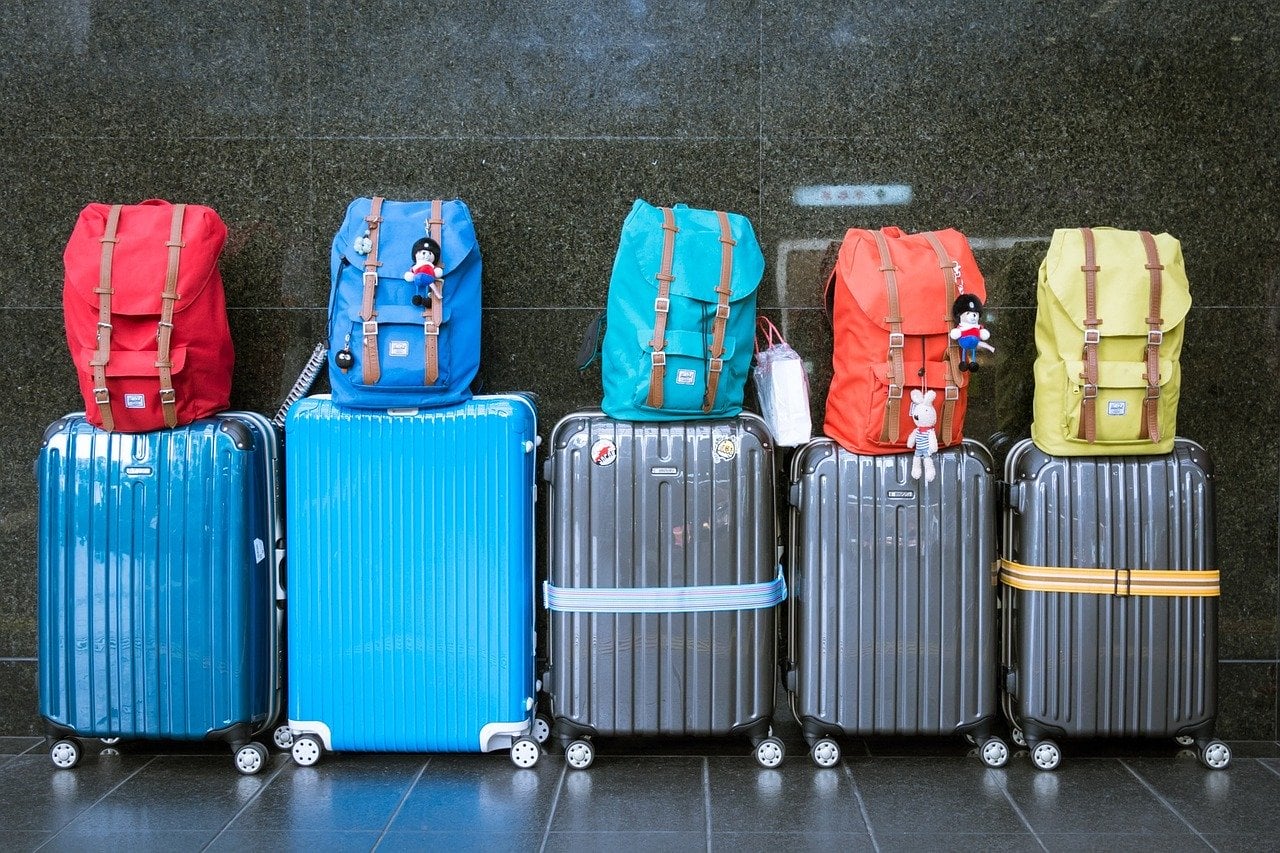As the coronavirus continues to spread in the U.S, tensions are running high in companies as they struggle to be productive while still protecting their employees from travelling to high risk areas.
Q4 2019 hedge fund letters, conferences and more
Michael Droke and Aaron Goldstein are partners at the international law firm Dorsey & Whitney in Seattle. They’re seeing this first hand following Washington state’s 6th death from the virus. In fact, they say the building next to them was just shut down as a precaution. They’ll be hosting a webinar tomorrow afternoon.
Droke and Goldstein say they’ve been receiving dozens of calls from companies all over the nation who are trying to figure out how to best handle the situation. The questions they’re getting cover a number of topics from discrimination, wage/hour issues when employees are furloughed, and other risk factors in the workplace.
“This is as much an economic emergency for many companies as a medical one and they should should quickly assess plans to permit remote work to minimize the loss of production,” Droke says.
When it comes to companies and travel, their colleague Rebecca Bernhard (a Dorsey & Whitney partner in Minneapolis) says that continues to be a major concern as well. Bernhard will not be able to attend the webinar, but sends along these thoughts,
Cancelling Travel To High Risk Areas
“Given the increase in reported cases, and the CDC and OSHA guidance, employers need to consider their obligations to all employees to provide a safe workplace with the business needs of travel. If the business can be conducted via video conference instead of in-person, employers should seriously consider cancelling travel to high risk areas. The CDC is maintaining an updated list and employers should watch this closely.
“Employees have the right under OSHA to refuse to engage in any work activity that they have a reasonable good faith belief is unsafe. Although in pandemics there is often a high level of fear, in this current situation the fears are likely valid if they involve international travel to high risk areas. Like with the Zika virus, employers should honor an employee’s decision not to travel to a high risk area and should explore alternative methods of conducting business without requiring travel,” Bernhard says.
“If an employee is willing to travel, the employer should make sure the employee is aware of all the risks – including the possibility that the employee won’t be permitted to return to the US without undergoing a quarantine in another country, and the employer should impose a quarantine of the employee upon return,” Bernhard says.





